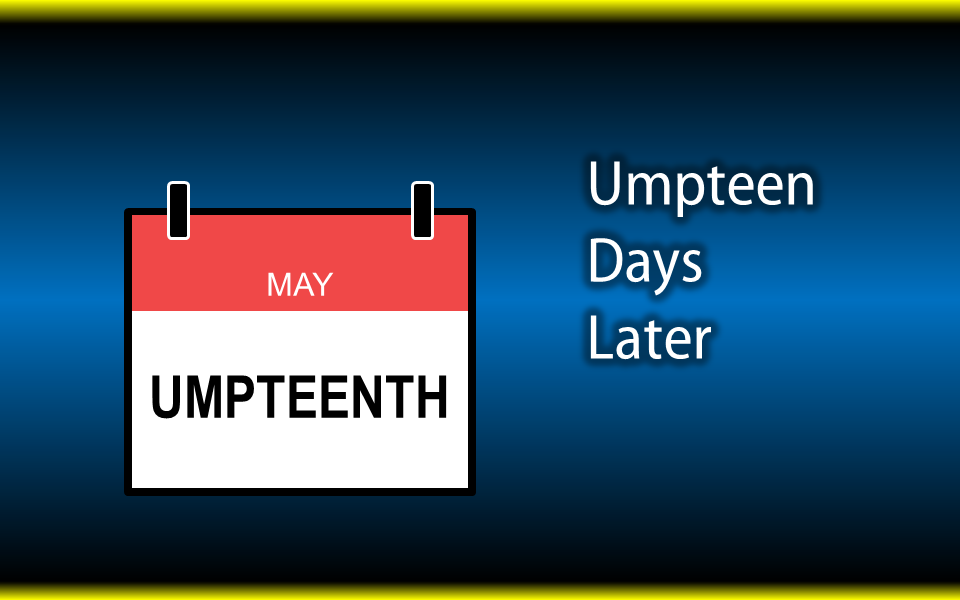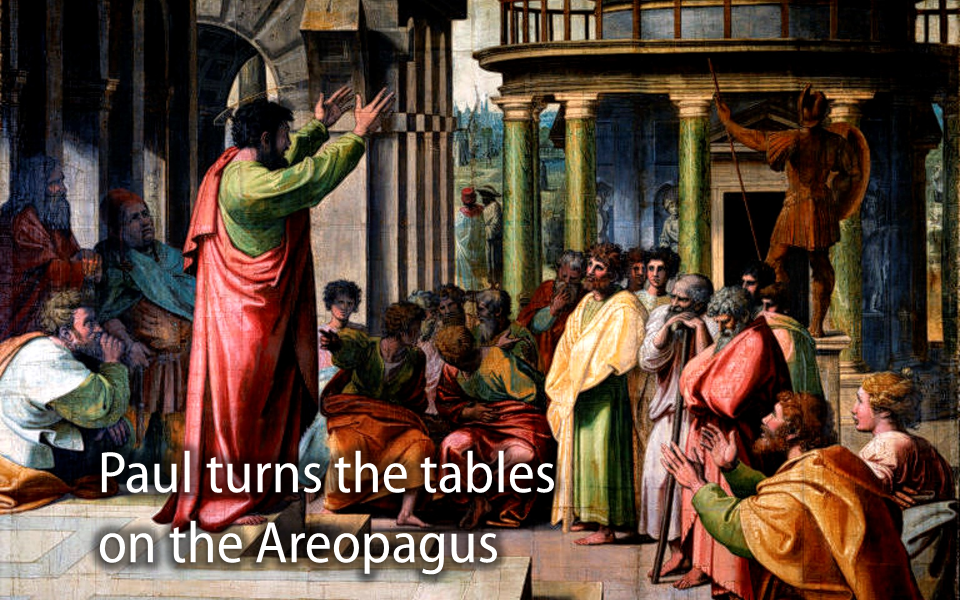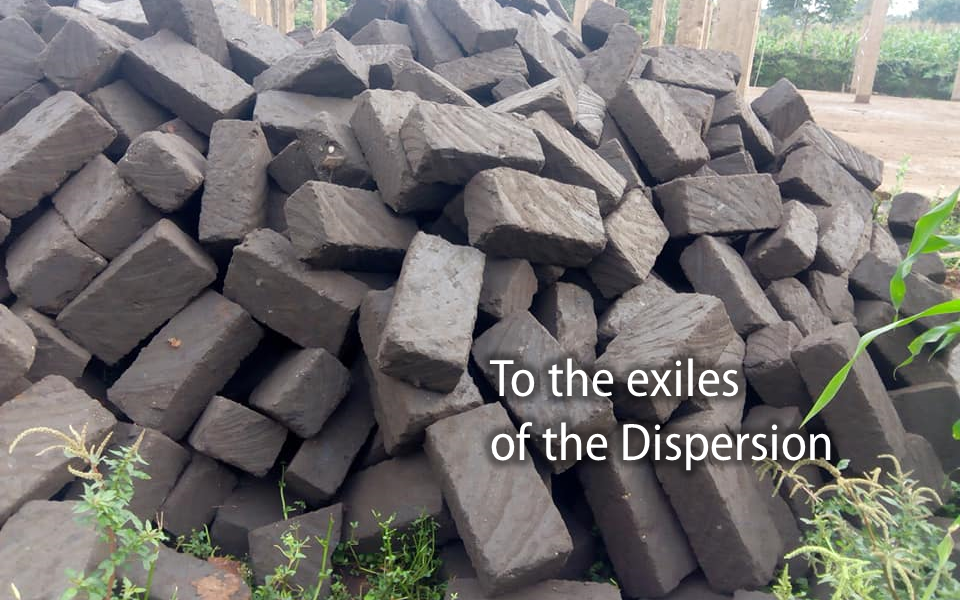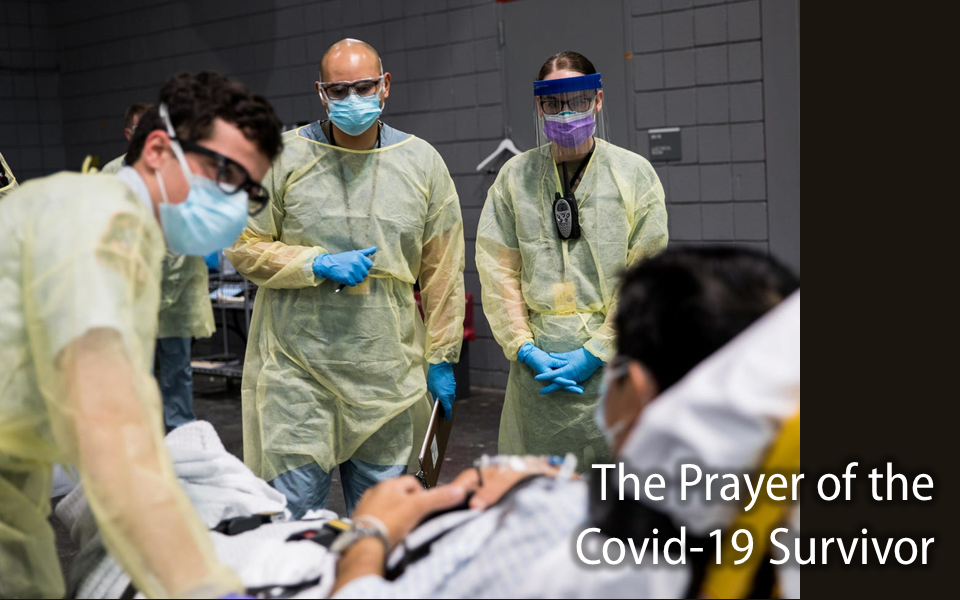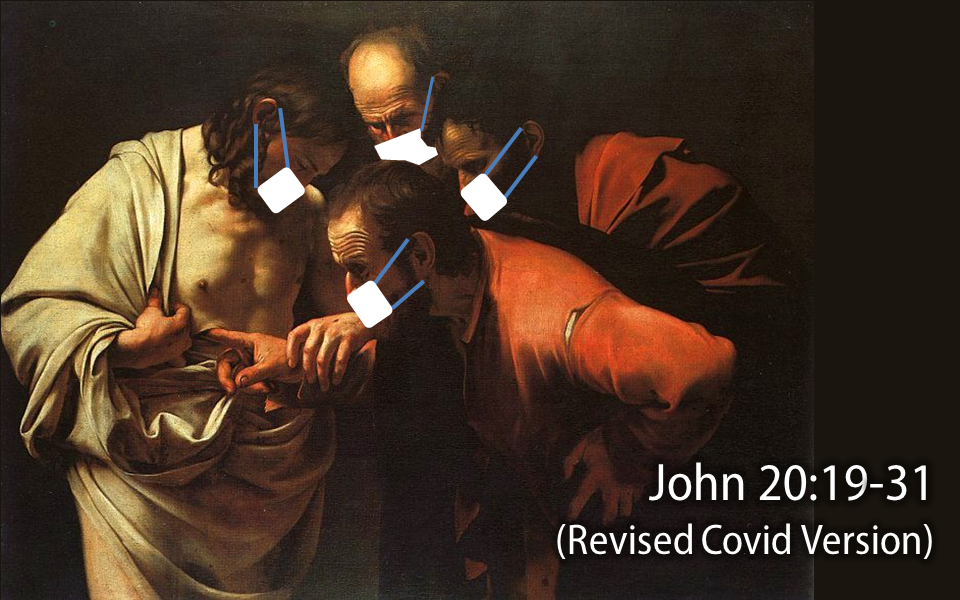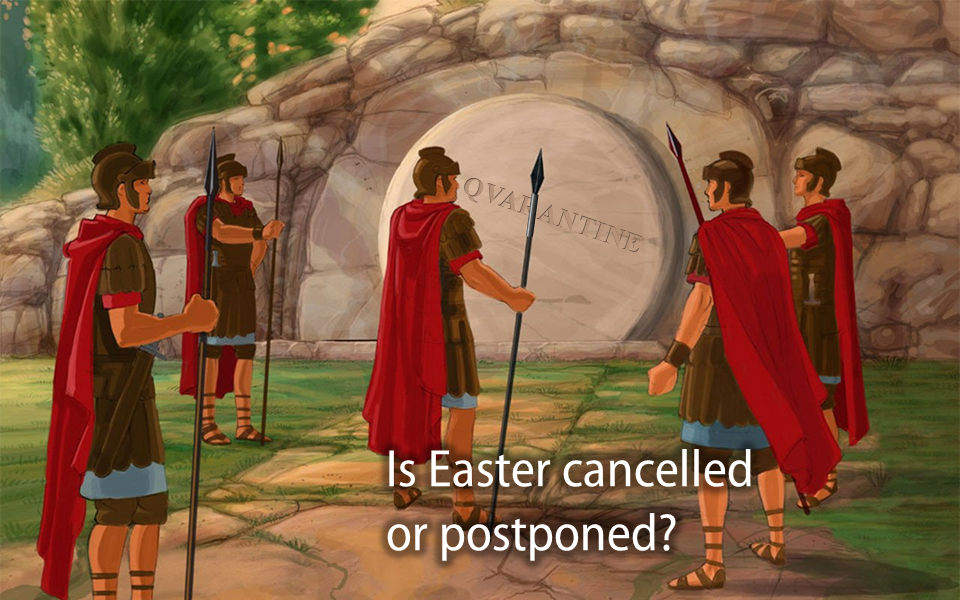If the above embedded video doesn't work, click this link: https://youtu.be/MHwql-9ezaw
Hespeler, 31 May, 2020 © Scott McAndless – Pentecost
Numbers 11:24-30, Psalm 104:24-35, Acts 2:1-21, John 7:37-39
The summons was sent out through all the Israelite camp. Moses had called for the elders of all the tribes to come and assemble at the tent of meeting. Each of the twelve tribes was to send six elders and the word was that it was all very important. They would be meeting not only with Moses but also with Yahweh, the God who dwelt within the tent, who sat enthroned upon the cherubim upon the ark of the covenant. And so, all of the very important men in each of the tribes quickly donned their finest robes and hurried away to the very important meeting. And so it was that, later that same afternoon seventy men gathered around the tent, standing around it on every side evenly spaced two metres apart as if they were people living in the time of covid-19. It all looked oh so very formal and ceremonial.
Except… wait a minute… something is not quite right here. Let’s see… six elders times twelve tribes… carry the one… Math was never really my strong suit but I’m pretty sure that six times twelve is supposed to be seventy-two. There are two elders missing! Oh no, this is a disaster! Who could have possibly ditched such a high-level meeting? What an insult! What an affront to the authority of Moses among the people to not show up when summoned! Who would do such a thing?
Oh wait, never mind. Don’t tell me. It was Eldad and Medad, wasn’t it?

Yes indeed, while the seventy elders were all holding hands and singing “kumbaya” as they stood around the tent of meeting, where were Eldad and Medad? They were in the camp in a tent not far from the place where the weekly market was held. And it was not, by the way, because they hadn’t received the summons to the meeting. They had received it alright. In fact, they were talking about it at that very moment – talking to each other about why they felt so utterly justified to have not bothered to go.
“Can you believe that Moses,” said Eldad to Medad. “Every time he comes up with a new idea or receives a new revelation from Yahweh, he has to summon all of the people and turn it into some big event. And then, you know how it goes, he starts complaining about how he’s carrying this heavy burden and trying to do the right thing and protecting the people and how nobody ever listens to him and does what he says. He goes on and on about this great big burden he has to carry.
“Now, I recognize what Moses has done for us. He brought us out of Egypt. He did what everyone thought was impossible and managed to get us away from the pursuing Egyptian chariots even if he had to take us through the Red Sea to do it. And I’ll grant you that we Israelites can be pretty stubborn and stiff-necked when we put our mind to it. But why do we have to constantly put up with Moses’ bellyaching about all of it. Why doesn’t he do something? Why doesn’t he let somebody else help out with the load of leadership?”
“I hear you,” replied Medad to Eldad. “But I’m telling you that it’s just not going to happen. Moses just likes complaining and controlling too much. He’s never going to let go of any part of his leadership or his ability to complain about it.”
But as it turned out, that was exactly what was going on around the tabernacle at that very moment. The reason why Moses had summoned the elders was in order to do the very thing that he had resisted for so very long. He had finally decided that he couldn’t make every decision or control every person’s action. Most of all, he had finally learned something. He had thought that the power of God’s Spirit that had been given to him, that thing that gave direction and meaning to everything that he did was a rare and precious thing. He had thought that it was something to hoard to himself and only exercise after much deliberation and care. He had finally come to understand that the Spirit of God did not work like that. In fact, like love, the more that it was shared the more of it there was to go around.
And so the elders had been called in to receive a portion of the spirit. As they stood around the tent, they could feel the excitement and the anticipation. It was as if the air was filled with electricity. Something was happening.
Perhaps the men gathered around the tent of meeting had been given some warning, some inkling that they were about to have a very strange experience. But Eldad and Medad never knew what hit them. People wonder what it is like to be suddenly filled with the Spirit of God. Is it a sudden strange feeling of ecstasy? Is it a way of feeling connected to the people who surround you in a strange unusual way? Is it just a calm assurance of God’s presence with you?
Well it can certainly be all of those things. Everyone experiences it very differently because the action of the Spirit of God very much depends on your own make up and personality. Let’s just say that Eldad and Medad were particular kinds of people. You know the kind of person who doesn’t show up for a scheduled meeting. The kind of person who sits in the back row and grumbles about the person running the meeting. You have that type of person in mind? Well, there’s your picture of Eldad and Medad.
The excitement spread throughout the Hebrew camp. The people were somewhat aware that there was something going on around the tent of meeting with the leadership of the tribes, but they weren’t expecting anything to happen where the people were camped out. So there was quite a stir when, all of a sudden, they heard a great deal of shouting emanating from one of the plazas between the tents. It had been a quiet day and so the people quickly began to gather. It was, of course, Eldad and Medad.
The two men were prophesying. I know how people usually understand that. When most people hear the word prophesy, they assume that someone is foretelling events in the future. They assume that Eldad and Medad were revealing things like, “Your lucky number for the draw is 77694.” or, “In the year 2020 ad a terrible pandemic will ravage the globe.” You know, that kind of thing.
But the fact of the matter is that, in biblical times, prophecy was not primarily a matter of foretelling future events. The job of a prophet was to proclaim the word that the Lord was speaking to the people at that moment based on what their situation was and what they were struggling with. It is about truth-telling more than it is about future telling and that is what makes it so dangerous because often the truth is the last thing that people want to hear.
So what was it that Eldad and Medad were crying out in the middle of the camp? Whatever it was, it was something that was explosive enough that it made somebody freak out and go running off to tattle against Eldad and Medad to Moses where he was gathered with the elders of the people. What could have been so frightening and offensive? I’ll tell you what I think Eldad and Medad were saying:
“Hey man,” cried Eldad, “don’t you all know that this whole thing is a scam? You don’t need Moses. You don’t need all of the trappings of the Tent of Meeting and the careful sacrifices performed by the priests. You don’t even need laws and rules that lay out all of the proper ways for you to act. They want you to think that you need them but you don’t. All you need is love, man. If you love your neighbour, you’re not going to covet his stuff. You’re not going to murder or steal or lie. If you love Yahweh, you’re not going to go off and find some other god to worship.”
“That’s right,” Medad took up the diatribe, “all you need to know is that ‘the Lord is nigh to those in distress.’ All you need is God.”
When the message of the disruptive prophecies of Eldad and Medad was reported to Moses, Joshua, Moses’ assistant and his designated successor, was frantic. “We cannot tolerate this sort of insubordination,” he cried. “My lord Moses, stop them!”
But Moses had come a long way since taking on God’s plan to free his people from slavery. He had begun to realize, not only that he could not bear all of the weight of leadership himself, but that also this was not about his personal status or leadership at all. He knew that Joshua would have to learn that lesson for himself, but he could not help but point out what he knew was a weakness that Joshua bore. “Are you jealous for my sake – or maybe for your own future privilege?” he asked. “Do you really think that the only way for us to experience the power of God is to keep it only in the hands of the chosen few so that we can control the message. That is just not how the spirit of Yahweh works.
“I used to think like you, Joshua. I used to think that it was all about my control and my authority. But do you know what I say today? I say, ‘Would that all Yahweh’s people were prophets, and that Yahweh would put his spirit on them!’”
And so, to the surprise of everybody – and of Eldad and Medad most of all – there were no punishments inflicted upon the slacker prophets. Their words were allowed to stand and the memory of what they had said was passed down.
That didn’t mean that the people always actually lived by the word that they had proclaimed. There is something about human community that always seems to pull us back into conformity and we find a great deal of comfort from things like ritual and putting our trust in people who exercise authority.
Old patterns die hard. But the message of Eldad and Medad didn’t just disappear. Down through many centuries there were other prophets who were also not sanctioned by the authorities in charge. They were great men and women. Some are famous, like Elijah and Amos and Jeremiah. They spoke a word of the Lord that was not popular, but somehow their oracles endured and some hearts in some places began to move. In time there would even come to be an entire movement of people centered around the idea of the transformative power of the spirit of God, but that is, perhaps, a story for another time.
According to the Book of Acts, the Christian Church came into being in an event that was very similar to the story of the seventy elders and of Eldad and Medad. All of a sudden, seemingly out of nowhere, the Christian believers were filled with the spirit of God and began to speak the word of the Lord. This cements the idea that the power of the spirit of God was absolutely central to the foundation of the Christian church and has been essential to its life ever since.
But ever since, it seems, the church has been in a struggle between those, like Joshua, who believe that the action of the Spirit must always be ordered and under proper authority and those, like Eldad and Medad, who hear the spirit calling us to freedom and disruption. I believe that we need both kinds of people, both approaches to the Spirit, to thrive. There is a danger, when we cut ourselves off from the disruptive potential of God’s Spirit because we’re afraid of it, that we may also be robbing ourselves of the real transformative power that is available to us.
